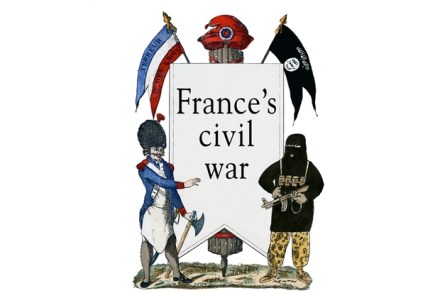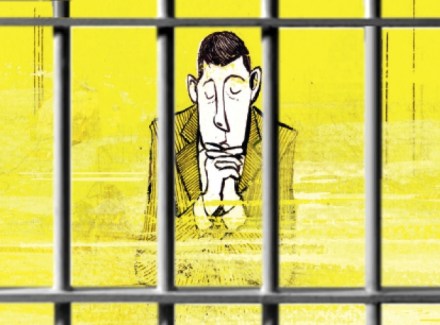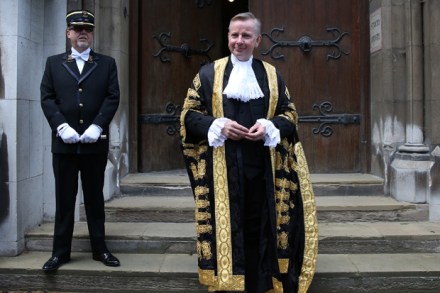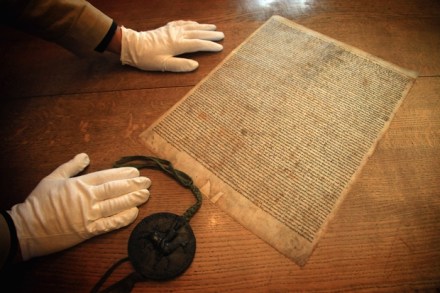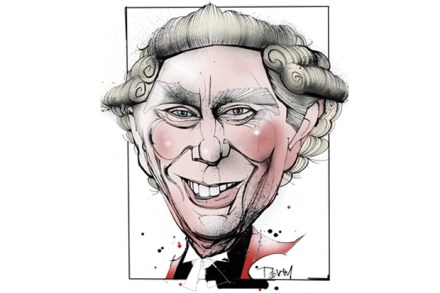Henry III vs EU law
It is no surprise that the laws imposed on the UK by a European parliament in Brussels should so infuriate the ‘Leave’ campaign. England has form here going back 750 years. Roman law has been one of the wonders of the world since its codification in the Twelve Tables (449 BC). But it is not the laws themselves that are the real point. The key lies in the way that laws were later argued over by the ‘jurists’. These started out as private, freelance legal consultants, simply earning respect for the legal advice they offered. In a case fought against his jurist friend Servius, though Cicero admitted Servius was good at ‘providing



